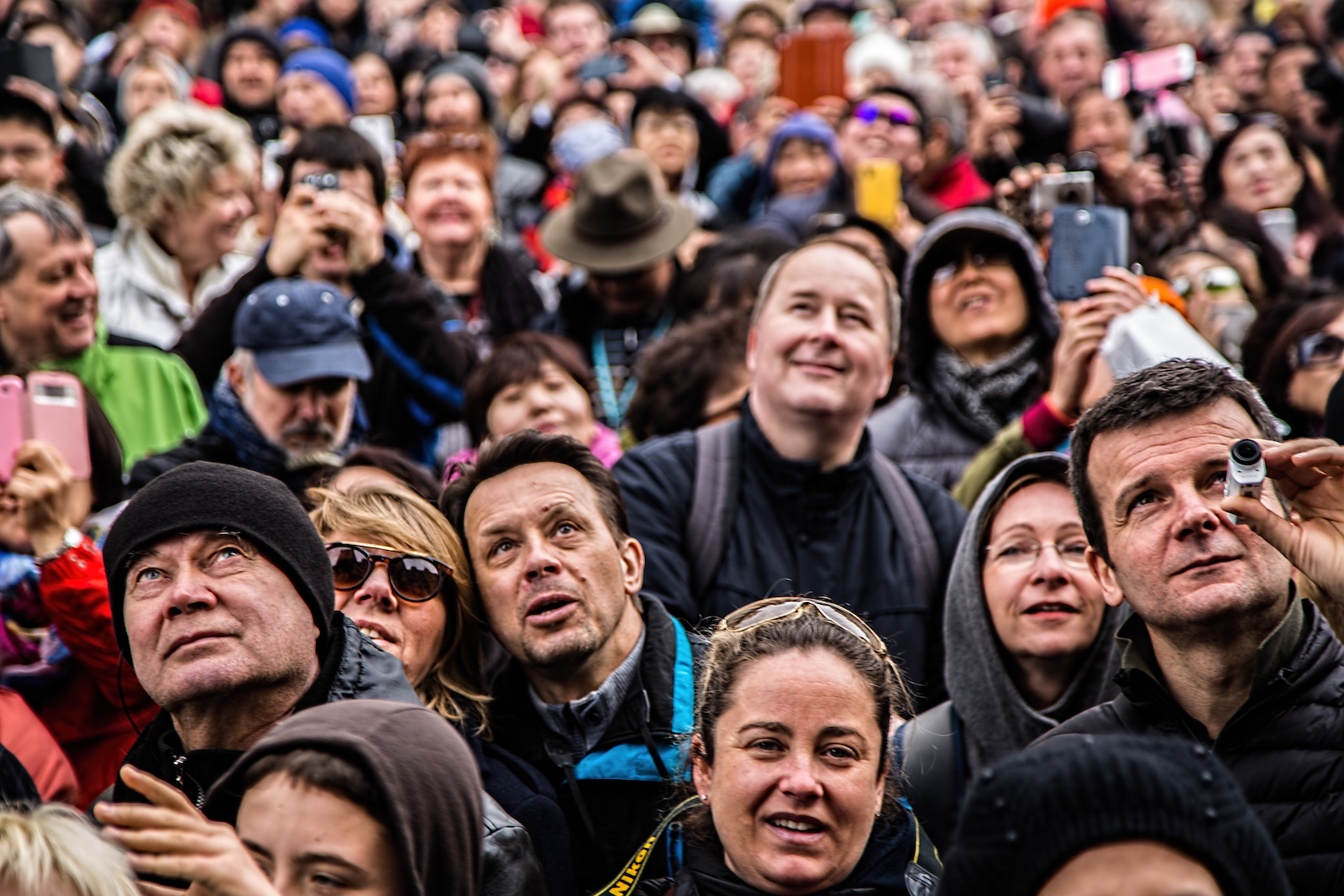
Fear of a Lost Generation
Tonight I helped the founder of MySpace buy an iMac. The catch is, it was over Google+, and I was one of several folks to chime in with advice in seconds. I sent over some links on how to use Migration Assistant, and he said “thanks” and picked up a computer. It’s a small (slightly ridiculous) story, but it emphasizes just how connected we are in today’s world. In seconds we can help someone buy a computer, or pick a college, or choose a job.
We are only a couple finger swipes away from billions of other people around the world. As members of the global Millennial Generation, we have countless more opportunities and connections than any other generation. So how is that working out for us?
Unemployment for young Americans is at historic highs. For folks in the 16 – 24 age bracket, it is over double the national average of 9.1 percent. Poverty rates for the 18 – 24 age bracket is at a devastating 21.9 percent. It is hard to comprehend that number – almost 22 percent of college age students live in real poverty. And that’s the United States – one of the richest countries in the world.
The picture is more dismal internationally. The Arab Spring protests were driven in part by massive youth unemployment rates that made countries extremely vulnerable to changes in food prices. Only 49.8 percent of African youth are employed. In Europe there is some good news in Germany, where youth unemployment fell to 6.5 percent. However most of Europe – from Ireland to Greece – deals with youth unemployment in the high twenties and low thirties. Even in seemingly recession-proof China an increase in young worker strikes in manufacturing facilities is raising eyebrows.
Youth unemployment may not seem like a disaster, and it doesn’t command the headlines as incessantly as shifts in the stock market. But don’t think for a second that it isn’t a frightening signal for what’s to come. Japan went through a severe economic downturn in the 1990’s.
Young people who had their careers delayed due to the poor job market then never got a second chance. Into their 30’s, they continued drift from low paying job to low paying job, never starting a career. In fact, members of the generation make up an astounding 61 percent of the nation’s cases for depression. Is this the future that the United States and other nations are headed to? In their own words, young Americans paint an economically depressed, isolated picture of their futures. And the statistics don’t contain much to cheer anyone up. A shocking 85 percent of college graduates are moving back home, saddled with debt. Maybe it can all be chalked up to a change in the onset of adulthood. But there should be no ambiguity about it – it’s the economic crisis.
We could use leadership on this issue. A White House Commission on Youth Employment would be a great start. A program to hire young workers and give them valuable job skills would be even better. But these needs are not going to be heard over the calls for increased austerity in spending. And the long-term effects of failure-to-launch youth can cost governments plenty – Japan is expecting to pay $67 billion a year for its lost youth.
So yes, we are more connected than ever before. But to what? Don’t let all the headlines on the ultra-modern multitasking youth hide the devastating impact of youth unemployment. If we don’t tackle this problem today, it will be much more expensive to tackle tomorrow. And by tomorrow, thousands more careers may be lost.

